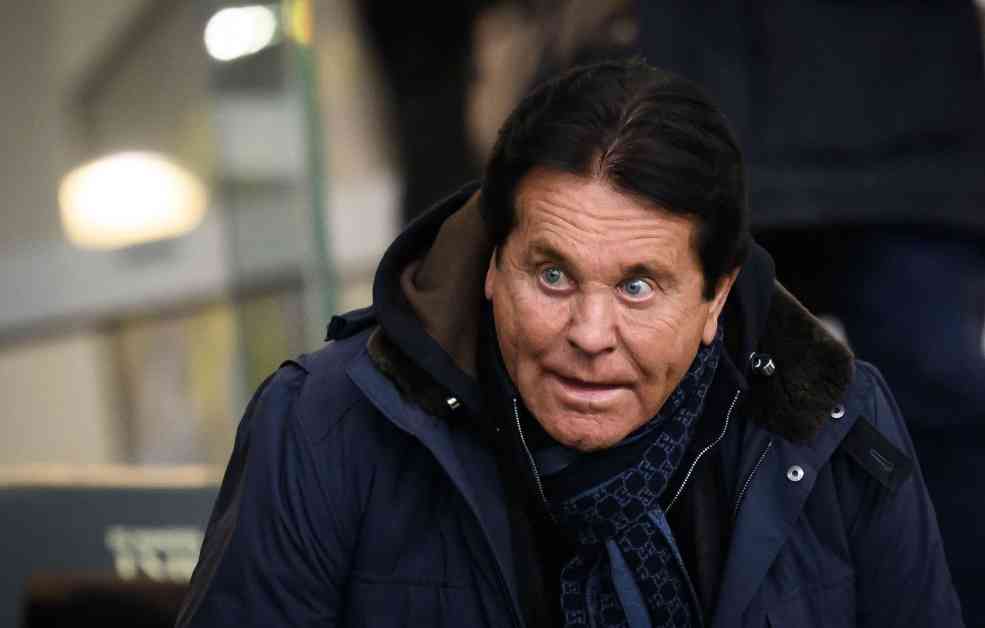The president of FC Nantes, Waldemar Kita, has recently filed a lawsuit with the public prosecutor of Nantes against a fan. According to Ouest-France, the executive heard anti-Semitic remarks in the stands of the Louis-II stadium during the Canaries’ match in Monaco on May 19, 2024. This was the last Ligue 1 game of the season, where Nantes narrowly avoided relegation.
Our colleagues reported that President Kita, a Frenchman of Polish origin, was insulted and subjected to anti-Semitic comments. He is requesting the use of surveillance footage to try and identify the supporter or supporters responsible for these words.
Target of the fans
According to Ouest-France, one of the two accused fans may have been identified as an ultra supporter of FC Nantes. For several years, the businessman has been the target of fans demanding that he sell the club he purchased in 2007.
In recent years, there has been an increase in instances of racism and discrimination in football stadiums across Europe. This incident involving President Kita highlights the ongoing issue of anti-Semitism and hate speech in sports venues. It is crucial for clubs and authorities to take a strong stance against such behavior to ensure a safe and inclusive environment for all fans.
The rise of fan culture and the influence of ultras in football clubs have often led to conflicts and tensions between supporters and club owners. In the case of FC Nantes, President Kita’s decision to take legal action against the alleged perpetrators of anti-Semitic remarks shows a commitment to combating discrimination and intolerance in sports.
Anti-Semitism is a serious issue that has no place in football or any other public space. It is important for individuals in positions of power, such as club presidents, to speak out against hatred and work towards creating a more respectful and diverse environment for all fans.
As the investigation into the incident at the Louis-II stadium continues, it is essential for authorities to thoroughly examine the evidence and hold those responsible accountable for their actions. By addressing instances of discrimination and hate speech head-on, football clubs can send a clear message that such behavior will not be tolerated within their ranks.




